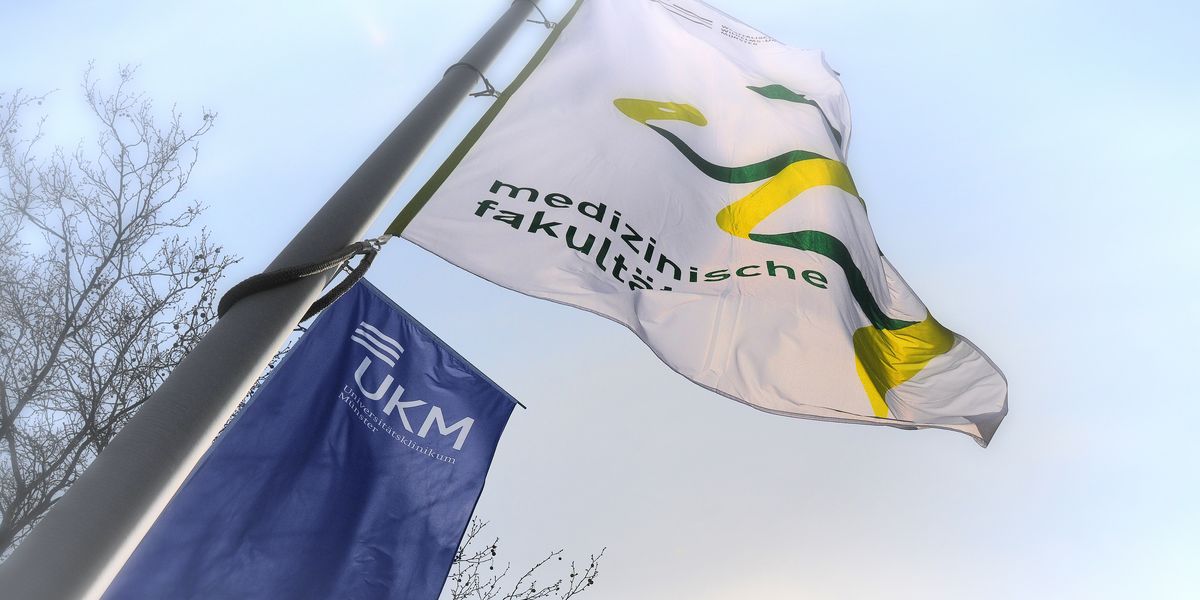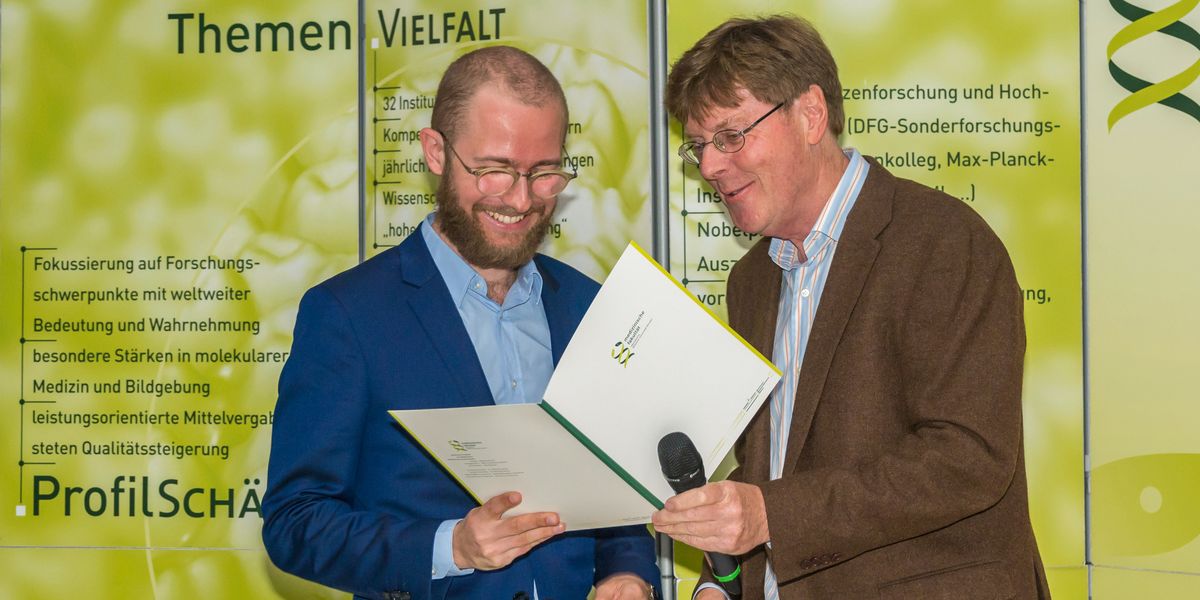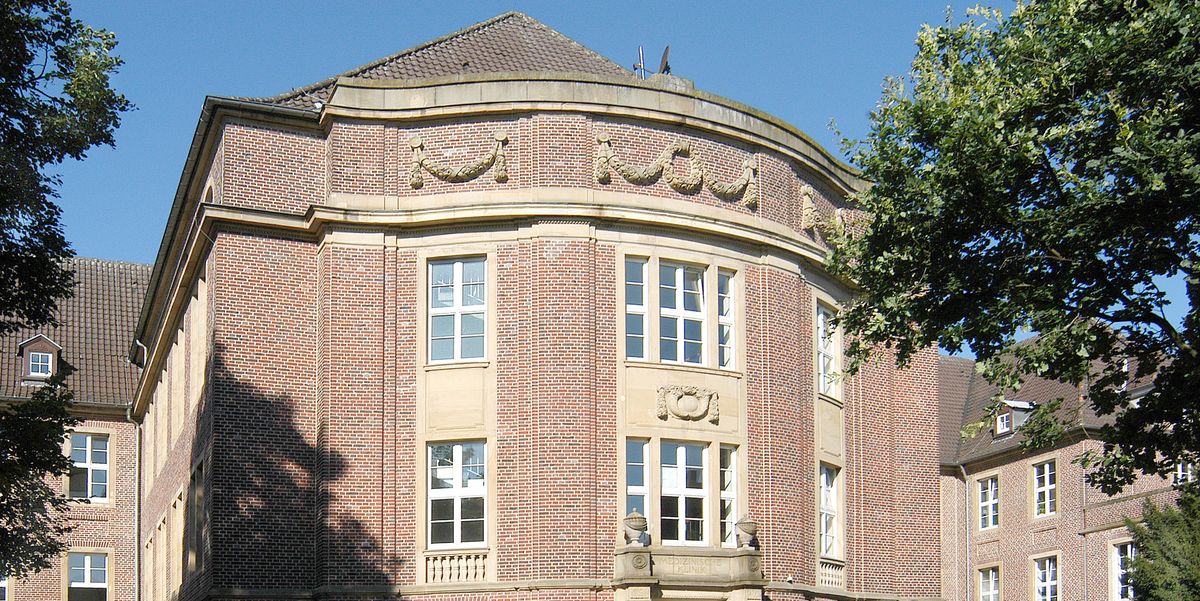

WE DESIGN THE FUTURE OF MEDICINE.
At the University of Münster Faculty of Medicine, we bring together scientists and clinicians from different departments and theoretical institutes to integrate them into an innovative research and teaching environment. More than 2,000 researchers combine their efforts to study disease, explore biomedical principles, and develop novel tools for diagnosis and treatment. As many as 3,000 enrolled students receive in-depth scientific and clinical training.
The Medical Faculty forms a cooperative functional unit with the University Hospital Münster (UKM). The hospital supports the faculty’s research and teaching and is responsible for patient care. The scope of endeavours undertaken by these two institutions are closely intertwined by shared subject matter, personnel and location. This benefits not only researchers and students, but patients as well. Through direct interaction with patients or colleagues within the healthcare system, scientists become more aware of clinically relevant aspects. In this way, creative ideas and novel insights can be integrated into the most demanding medical care at UKM and implemented into the training of a new generation of excellent researchers and physicians.
The scientists within the Faculty of Medicine actively combine clinical research with strong interdisciplinary basic research. Not only do they cooperate with the UKM, the researchers also work closely with colleagues from the University of Münster including the Faculties of Biology, Physics, Chemistry and Pharmacy, as well as Mathematics and Computer Science. This cooperation enables the achievement of significant progress in innovative research fields. One example of this unique association is research on the dynamic behaviour of cells with the aid of new imaging techniques.
This strategy is also reflected in the support of students and junior researchers early in their careers. In addition to clinical training with innovative teaching platforms such as the simulated teaching hospital “Studienhospital”, the faculty selectively promotes junior researchers. This is evident—for example—through the master's programme in Experimental Medicine as well as the various opportunities available to complete a PhD in an interdisciplinary and interfaculty setting.



